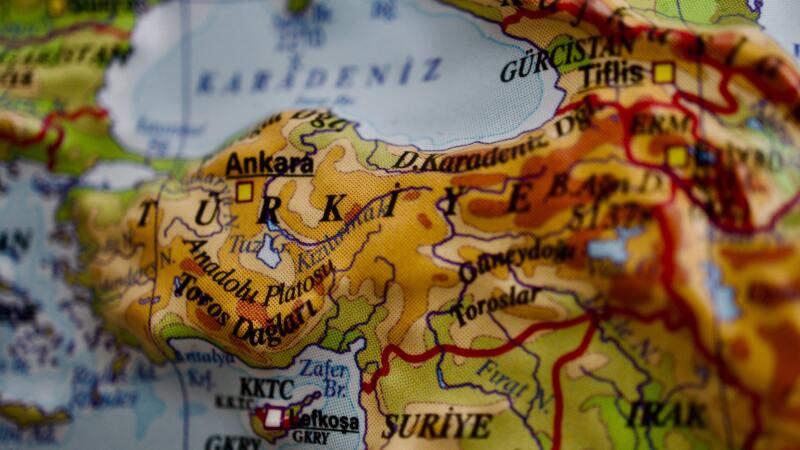
Turkey’s earthquakes have been devastating but the country's importance between the West and Russia means that it can command the help that suits it best. This in turn will mean its capital markets access, questioned by some at times last year, will be unaffected.
International aid efforts are underway after two huge earthquakes killed thousands of people in Turkey and Syria.
Turkey in recent years has been one of the EM capital markets’ most important countries, accounting for a large chunk of CEEMEA bond issuance even though volumes had tailed off in the last 18 months as unorthodox monetary policy sent inflation soaring and weakened the lira.
But the sovereign maintained market access meaning that in January other issuers could enter the fray with Ziraat Bank and Turk Eximbank bringing new issues.
The yields they paid were still high compared to historical levels — the sovereign sold a $2.75bn 9.375% 2033 note with a yield of 9.75% in January.
When yields hit double digits, the rule of thumb is that issuers are thought to be locked out of capital markets on the grounds that any further debt would be unsustainable.
On that basis, Turkey had only 25bp of wiggle room. That is not a lot considering the huge tragedy that has befallen the country this week. But it will be enough.
The human cost to Turkey is a tragedy and cannot be valued in monetary terms. But the necessary — if prosaic — business of financing recovery and reconstruction will soon be underway.
In Turkey's economic favour, the worst affected areas were not main its manufacturing or industrial areas. Energy and transportation hubs — such as airports and ports — were not destroyed. That helps the country to keep producing and generating taxes and other revenues to fund reconstruction.
If Turkey does need external financial aid — and one economist who specialises in the country told GlobalCapital that he expects it will — then it will also benefit from its diplomatic position.
Other countries have been quick to offer man power to aid search and rescue attempts, and the list of the countries offering help is long and varied, including not just the US, the UK, much of Europe and Ukraine, but also Russia as well as China and the United Arab Emirates.
Some international financial aid has already been put in place and there will undoubtedly be more. Much as Turkey has irked both the West and Russia this year in its fence sitting over the Ukraine war and its intransigence over Sweden's Nato membership application, it has also astutely managed to play both sides. The war in Ukraine has highlighted Turkey’s strategic importance, controlling access to the straits that link the Black Sea to the Mediterranean.
Financial aid will undoubtedly be offered with strings attached but Turkey has some ability, therefore, to negotiate and decide what those strings will be — and how much of an extra debt burden the country takes on.
After a brief, respectful pause bankers and investors fully expect Turkish borrowers to resume bond issuance and there has so far been little change in the view on the country as an investment prospect even after such a disaster. Frankly, the elections in May will have more bearing on what creditors think about lending there.
Turkey defied the opinion of many last year that it was in a precarious financial position. It is quite possible that it will emerge from this week's tragedy demonstrating the same thing.
